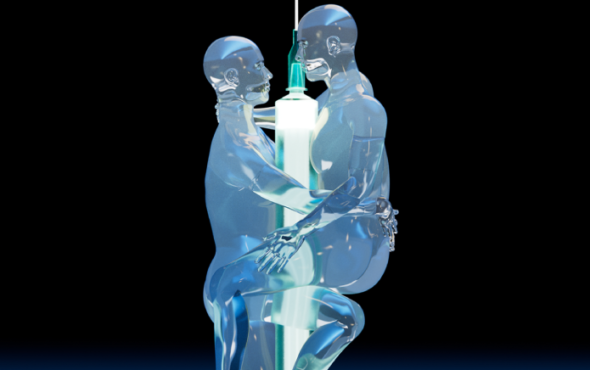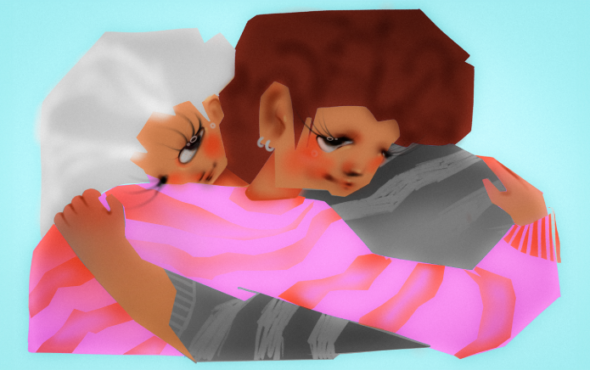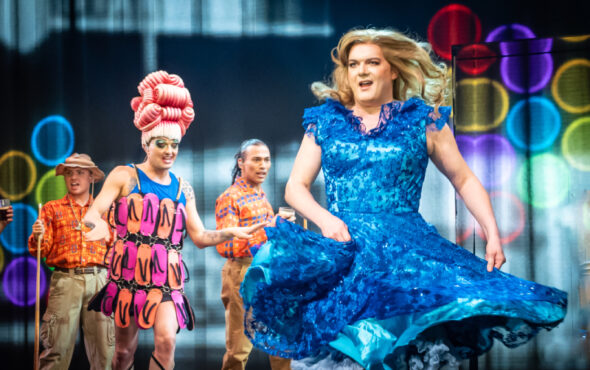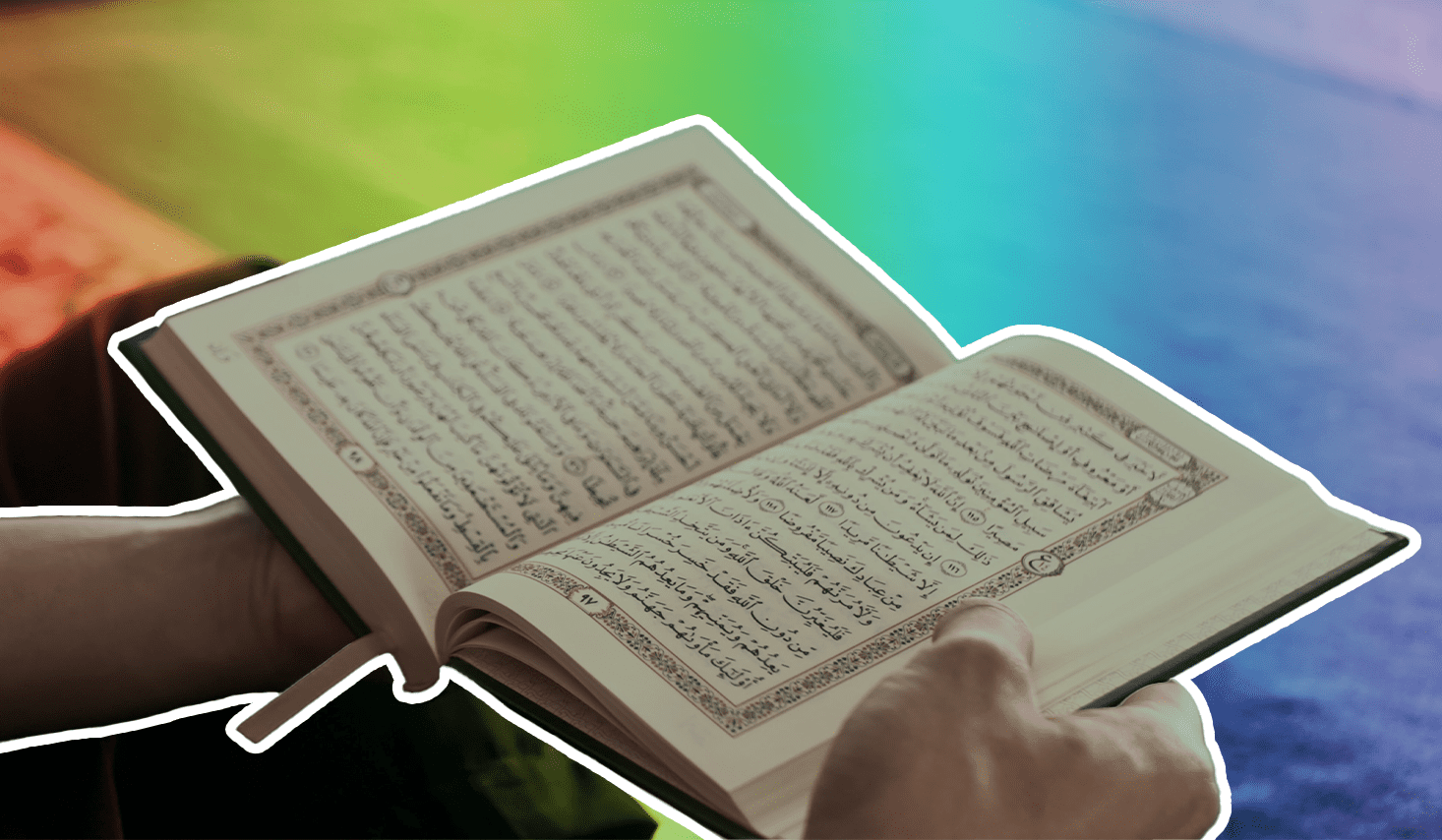
All people crave representation, but LGBTQ+ people crave it even more than most. We seek to find it in any way we can – at least I know I did, and I searched for it through film. But when I was growing up, LGBTQ+ representation was scarce to say the least, and those films which did include LGBTQ+ narratives often had a negative impact on me.
Of course it’s always important to amplify the lived experiences of LGBTQ+ people, but it worried me to see how often religious communities were painted as being inherently opposed to the LGBTQ+ community, how faith was shown as something to be weaponised.
This frightened me as a young child, and still as a teenager. I would watch these films, not properly understanding my identity back then, but feeling like if I did happen to be LGBTQ+, the world around me would not understand.
I was raised in a culturally Muslim space, and though I don’t regularly practice, that does not negate the very real relationship I have with core ideals of my faith. Many LGBTQ+ films made me feel as though I would be expected to give up my religion, that faith and being LGBTQ+ were mutually exclusive.
The very first film I remember bringing these thoughts to my mind was the iconic Brokeback Mountain (2005). An element of the film that had a real impact on me was the religious context. Although the film was set in 1960s to 1980s rural Wyoming, USA, differing considerably to my urban East London upbringing, I could resonate with the way society’s religious narratives were used against the main character Ennis del Mar (Heath Ledger).
Ennis demonstrates his disdain at the scripture that had been used against him, describing it frustratedly at one point as “that fire and brimstone crap”. This phrase relates to the punishments received by the people of Sodom and Gomorrah in a Bible story which has, historically, been used by some to justify discrimination against LGBTQ+ people (even though many scholars and thinkers say the scripture has been misinterpreted and mistranslated). Ennis places himself as inherently opposed to religion, primarily due to the way religious scripture was used against him and the way this made him feel.
Another film that had an impact on how I thought about faith and being LGBTQ+, and one that was more contextually relevant to my own lived experience, was My Brother the Devil (2012). The main character, Rashid (James Floyd), has grown up in a London council estate in a Muslim immigrant family, and struggles to come to terms with the cultural expectations of men and his romantic feelings for the same gender.
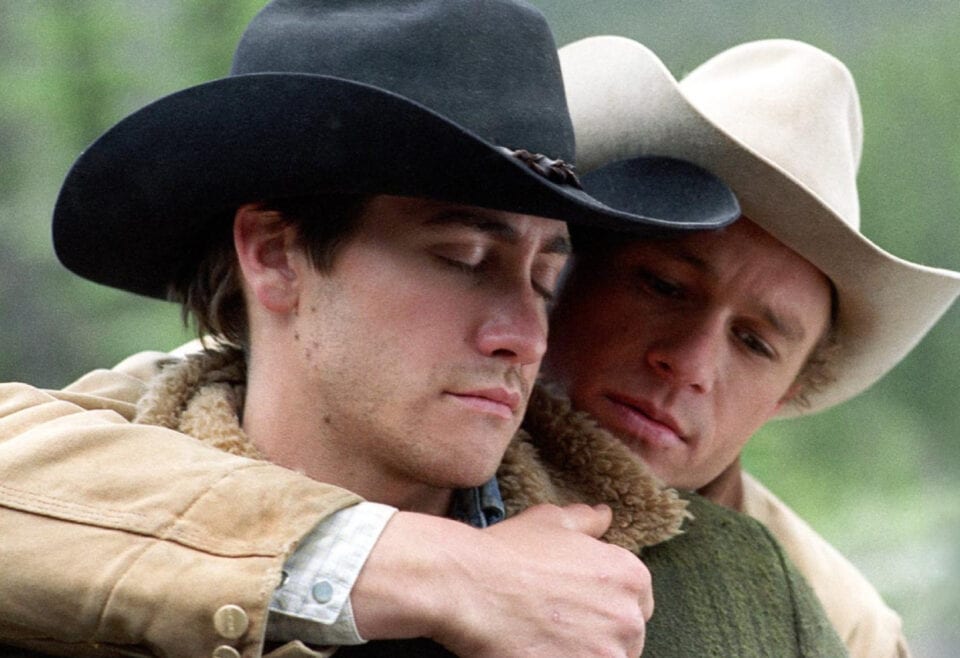
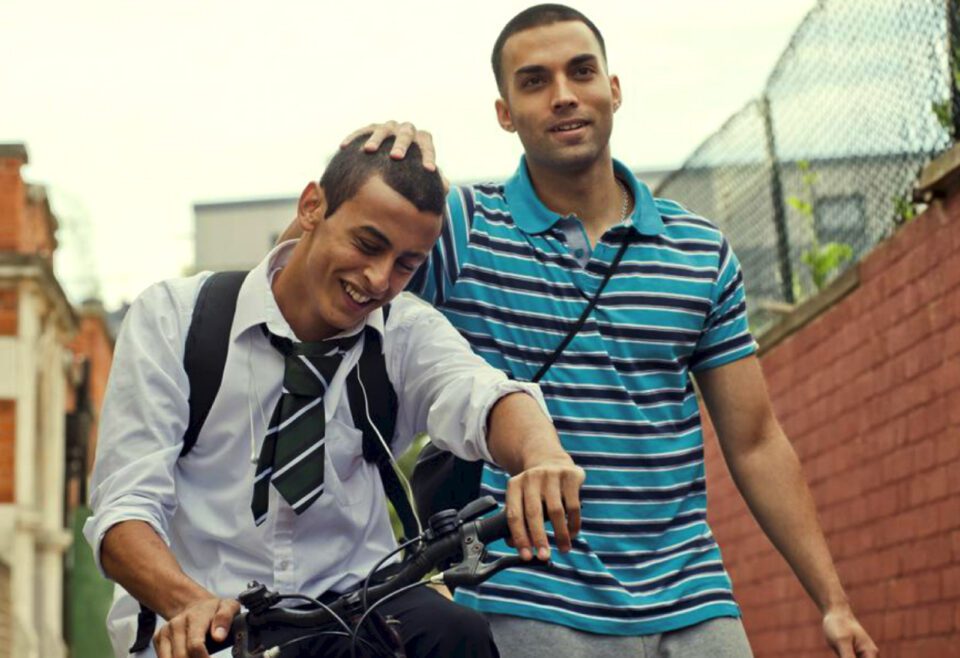
A moment from the film that has stuck with me is when Rashid’s brother tells him he’d rather him be a terrorist than be gay. To his brother, Rashid being LGBTQ+ is the worst thing he could possibly be, his identity and expression inherently more harmful than the real harm and violence in our world. Imagine being a child or young person in our world and feeling as though you are intrinsically “wrong” or “dangerous” for simply being who you are.
Research from Just Like Us has shown that LGBTQ+ young people are three times more likely to self-harm, and twice as likely to have depression, anxiety and panic attacks, than their non-LGBTQ+ counterparts. This demonstrates the difficulties many LGBTQ+ young people experience as they process their identities in our heteronormative world, but these struggles can be amplified if religion and being LGBTQ+ are seen as being in opposition.
These films do represent realities that some LGBTQ+ people have faced, but they do not convey the entire picture. There are LGBTQ+ affirming religious spaces out there, and there are countless religious people who are LGBTQ+ and are allies to our community. A profound and common value in all major religions is: “Do not judge.” I believe this is a notion to live by.
A recent survey from Just Like Us showed that a third of teachers see faith as a barrier to discussing LGBTQ+ issues at school, but this barrier can be taken down with knowledge and representation.
If you are a person of faith reading this, know that you can play a part in changing the narrative around LGBTQ+ identities and religion. Make it clear to those in your life that being LGBTQ+ and having faith are compatible. While LGBTQ+ lived experiences must continue to be platformed through film, I hope one day there is a film that depicts the amazing LGBTQ+ inclusion and positivity that can be found within religious spaces. But in order for that to happen, we have got to do the work.
Arbër Gashi is an ambassador for Just Like Us, the LGBT+ young people’s charity. If you’re LGBT+, age 18-25 and living in the UK, you can volunteer for the Ambassador Programme here.

